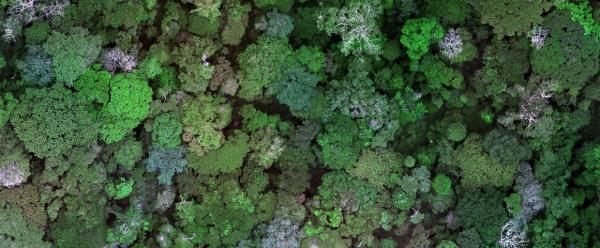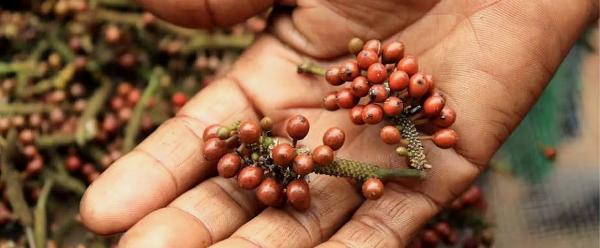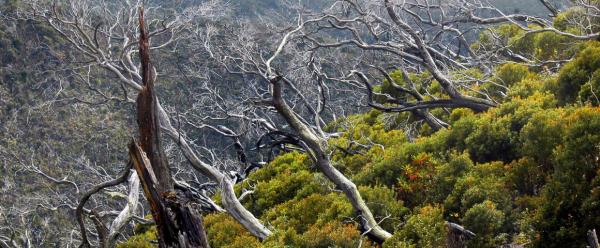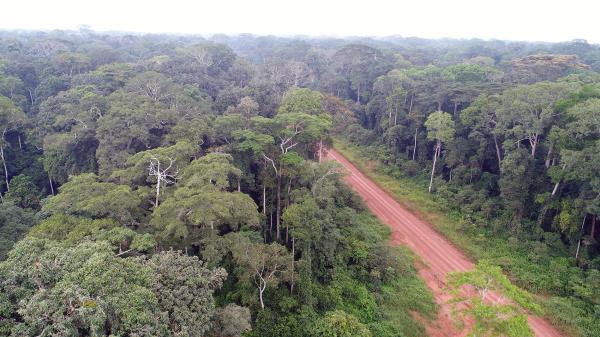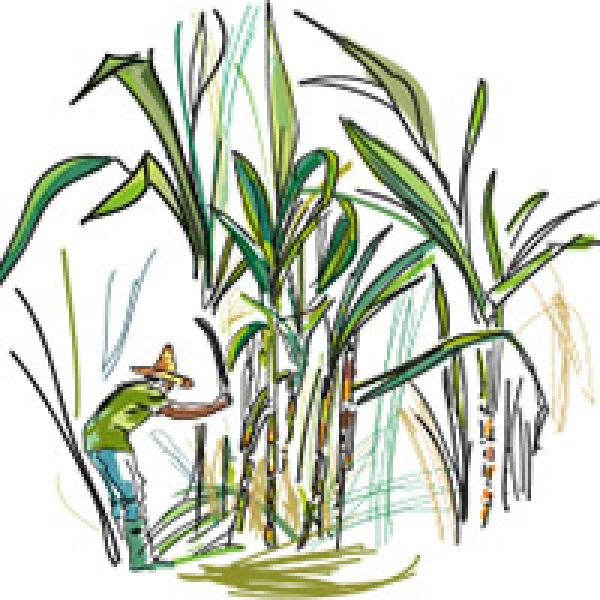Results & impact 23 April 2024
- Home
- Our activities, our impact
- Tropical value chains
- Forest resources

Forest resources
The figures for forests
However, tropical forests are in danger. Over the past 30 years, 400 million hectares of tropical forests – an average of 13 million hectares a year – have disappeared. Most have been converted to agricultural land or industrial plantations, but some have been destroyed by fire.
Preserving tropical forests therefore means sustainable management of their resources to benefit rural communities and society in general.
The issues
- Developing and promoting sustainable natural forest ecosystem management methods.
- Developing programs of forest landscape restoration to meet the growing wood demand, and enhance their role in maintaining ecological and climatic balances.
- Taking account of forest ecosystems and the related supply chains in international and national policy.
























